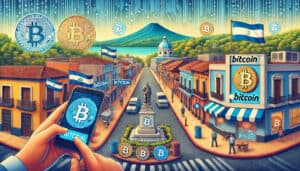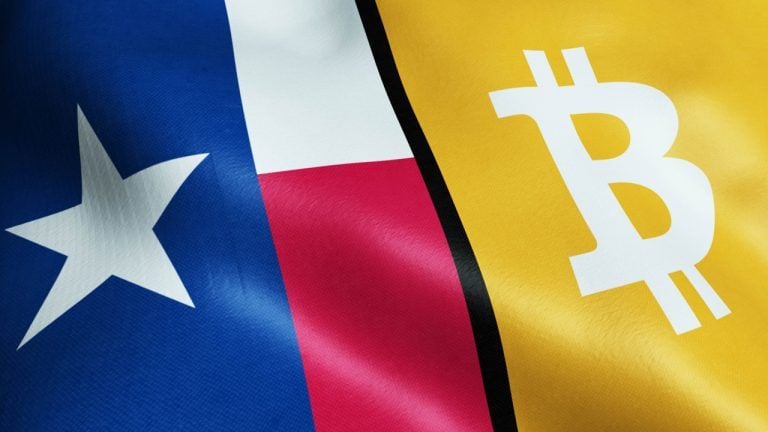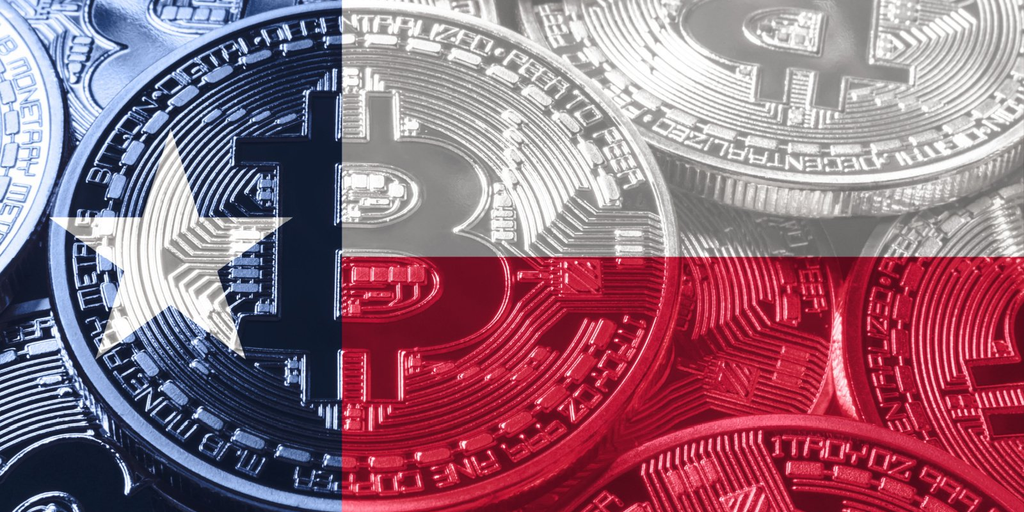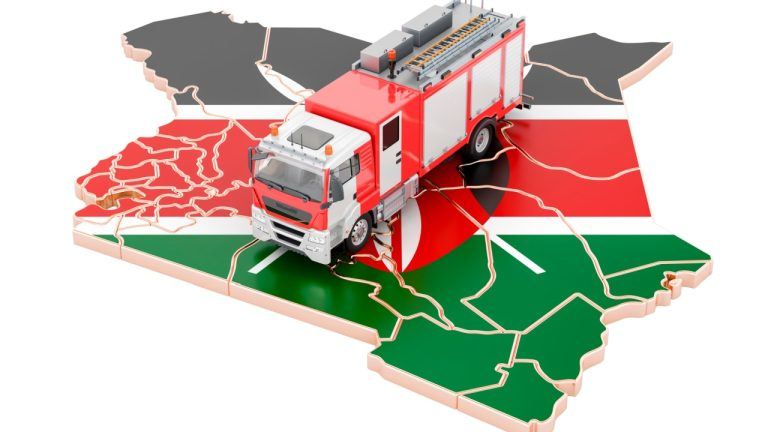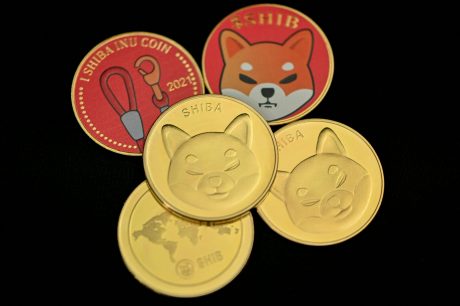The agreement, expected to be finalized within weeks, could unlock an additional $1 billion in funding from both the World Bank and the Inter-American Development Bank over the next few years. These funds would provide critical financial support for El Salvador, which has faced ongoing scrutiny over its Bitcoin adoption.
If implemented, the policy change would mark a significant shift from El Salvador’s bold Bitcoin experiment, which began in September 2021 under President Nayib Bukele’s leadership. The IMF has been a vocal critic of the policy from the start, citing risks to financial stability and inefficiencies caused by requiring businesses to accept Bitcoin as payment.
IMF’s Longstanding OppositionThe IMF has repeatedly urged El Salvador to address Bitcoin-related risks, warning that its adoption as legal tender could create economic and operational challenges. In July 2021, as the Bitcoin Law was being prepared, the IMF cautioned that businesses and households might spend excessive time deciding between using Bitcoin or fiat currency, detracting from productive activities.
Earlier this year, in February 2023, the IMF reiterated its concerns, arguing that the benefits of Bitcoin adoption had not materialized. At that time, Bitcoin was trading around $21,600, a far cry from its later highs.
El Salvador’s Bitcoin JourneyDespite criticism, El Salvador has doubled down on its Bitcoin strategy since its initial purchase of 200 BTC in September 2021. The government has continued accumulating Bitcoin, committing to daily purchases and amassing a total of 5,942 BTC by November 2024. This commitment seemed to pay off when Bitcoin soared past $100,000 in December 2024, leading to unrealized gains of over $300 million for the country.
President Bukele’s administration has framed these investments as part of a long-term strategy, but the proposed changes to the Bitcoin Law suggest a growing willingness to compromise under external financial pressures.
Negotiations with the IMFTalks between El Salvador and the IMF regarding the $1.3 billion loan and potential Bitcoin policy revisions have reportedly been ongoing since October 2024. While details remain under wraps, the outcome could signal a recalibration of El Salvador’s approach to integrating Bitcoin into its economy.
As El Salvador navigates these discussions, its Bitcoin experiment continues to draw global attention, serving as both a cautionary tale and a case study in the intersection of cryptocurrency and sovereign finance.
What about the Gold?Is there another plan afoot? El Salvador has just discovered $trillions of gold deposits that when mined will massively dilute the above-ground supply of gold. This can’t happen with Bitcoin because the code is open source, anyone can run a node to see that there will never be more than 21 million BTC, and new issuance gets cut in half every four years. Could El Salvador sell the gold and buy new Bitcoin?
Source: X


